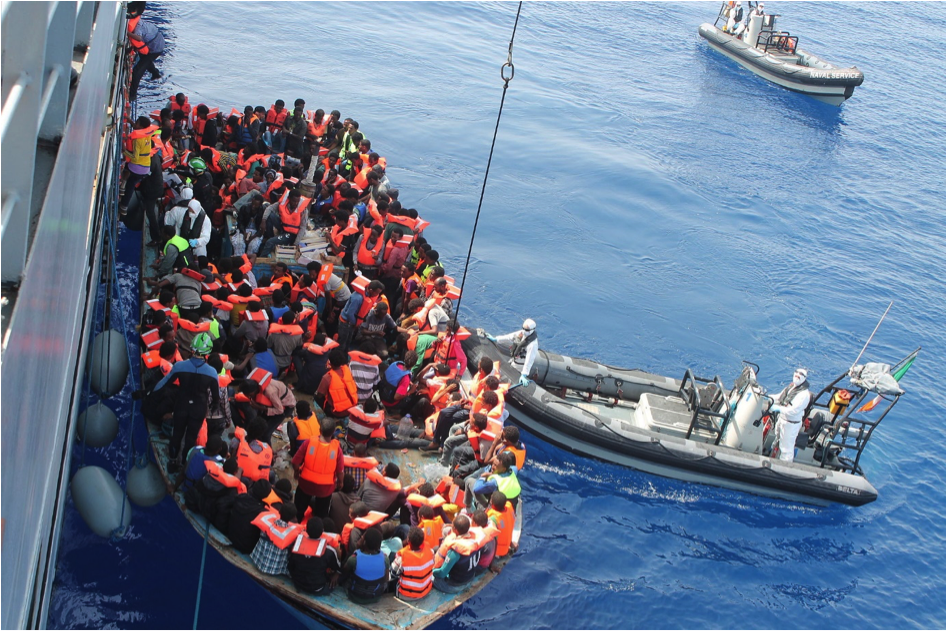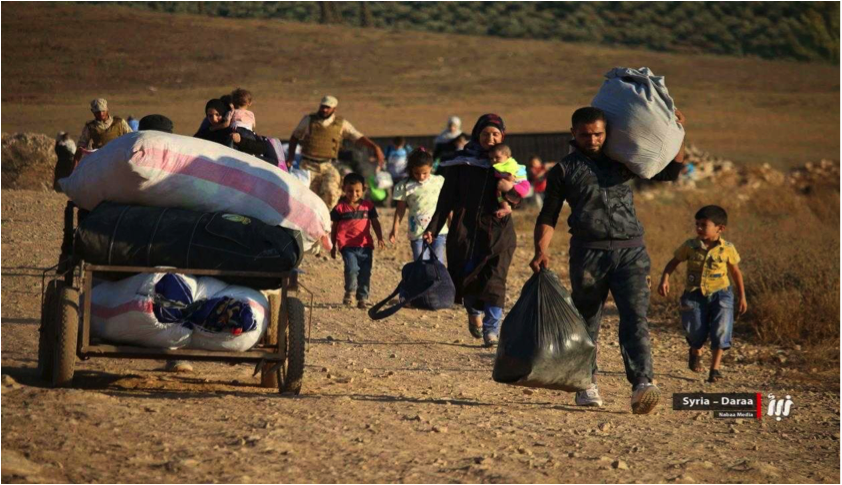On February 4th, the new bill of the Ministry of Migration and Asylum, titled “Promotion of Legal Migration Policies,” reached the plenary session of the Greek Parliament. Among its provisions are measures introducing increased prison sentences and higher financial penalties for the offenses of “facilitating” the irregular entry or unlawful stay of migrants in the country, when those convicted are members of non-governmental organizations (NGOs) or act jointly with others. In addition, the bill provides for the possibility of removing an NGO from the ministry’s registry (which grants access to public funding and to facilities under its responsibility) solely on the basis that one of its members is charged with any of the above offenses—meaning that no conviction is required for the organization’s deletion.
Read MoreMorocco occupies a strategic position south of the Strait of Gibraltar, at the crossroads of migratory routes between sub-Saharan Africa and Europe. This geographical location confers upon Morocco both a pivotal role in migration flows and significant political leverage in its negotiations with the EU. Consequently, Rabat claims a differentiated treatment compared with other African states. Since 2000, the European Union (EU) has aimed to establish a readmission agreement with Morocco[1]. Such an agreement would facilitate the return of both Moroccan nationals and third-country nationals (TCNs) transiting through Moroccan territory who are deemed undesirable within the EU. After more than twenty years of negotiations, no agreement…
Read MoreThe fall of Bashar al-Assad's regime on December 8, 2024, and the rise of Ahmad al-Sharaa to power created an important opportunity for refugees to return to their country, and the hopes of some Syrian refugees to fulfill. However, United Nations indicates that the number of those who returned does not exceed 65,000 out of 650,000 refugees data . Opinion polls confirmed that 72% of refugees do not consider returning under the current circumstances, which necessitates understanding the underlying reasons for this. This piece aims to identify the real reasons that prevent Syrian refugees from returning to their country after the political system change and the emergence of a new political authority…
Read MoreThe European Border and Coast Guard Agency, commonly referred to as “Frontex” and hereinafter “the Agency” was created in October 2004 by Council Regulation (EC) n°2007/2004 to assist European Union Member States in managing and controlling their external borders. It is located in the capital of Poland Warsaw and constitutes one of over 35 decentralized agencies in the EU. But if there is one agency that has witnessed a steady growth in powers, size and funding, it is absolutely Frontex. It becomes as Idil ATAK consider “a real legal monster” in the area of Freedom, Security and Justice of the European Union. Indeed, since taking up its responsibilities on May 1, 2005, the Agency founding regulation has been amended four times…
Read MoreIn a world where more than half of the Syrian refugees are denied the most basic means of employment, Jordan pioneered a new approach. Instead of leaving the Syrian refugees in perpetual waiting, the country undertook a carefully planned approach: to empower Syrians during their displacement so that they would one day be able to return to Syria not as victims, but as skilled and self-reliant assets. Unlike other host countries that have struggled to integrate Syrian refugees into their formal labor market (or completely omit them)-Jordan took steps in the right direction early on. Jordan provided access to work permits to the Syrians, removed the fees levied on the permits, and provided vocational training and skills development opportunities…
Read MoreThe burgeoning field of return and reintegration in Nigeria, a critical area for addressing the complex realities of migration, is unfortunately riddled with a deeply ingrained culture of defensiveness, distrust, and even outright rivalry among its key stakeholders. This pervasive atmosphere not only presents significant methodological hurdles for researchers striving to understand the nuances of this intricate process but also plunges them into a precarious ethical landscape. Navigating these morally ambiguous situations is paramount, as the outcomes ultimately impact the very individuals – return migrants – whom the sector aims to assist. This blog post sheds light on these…
Read More





